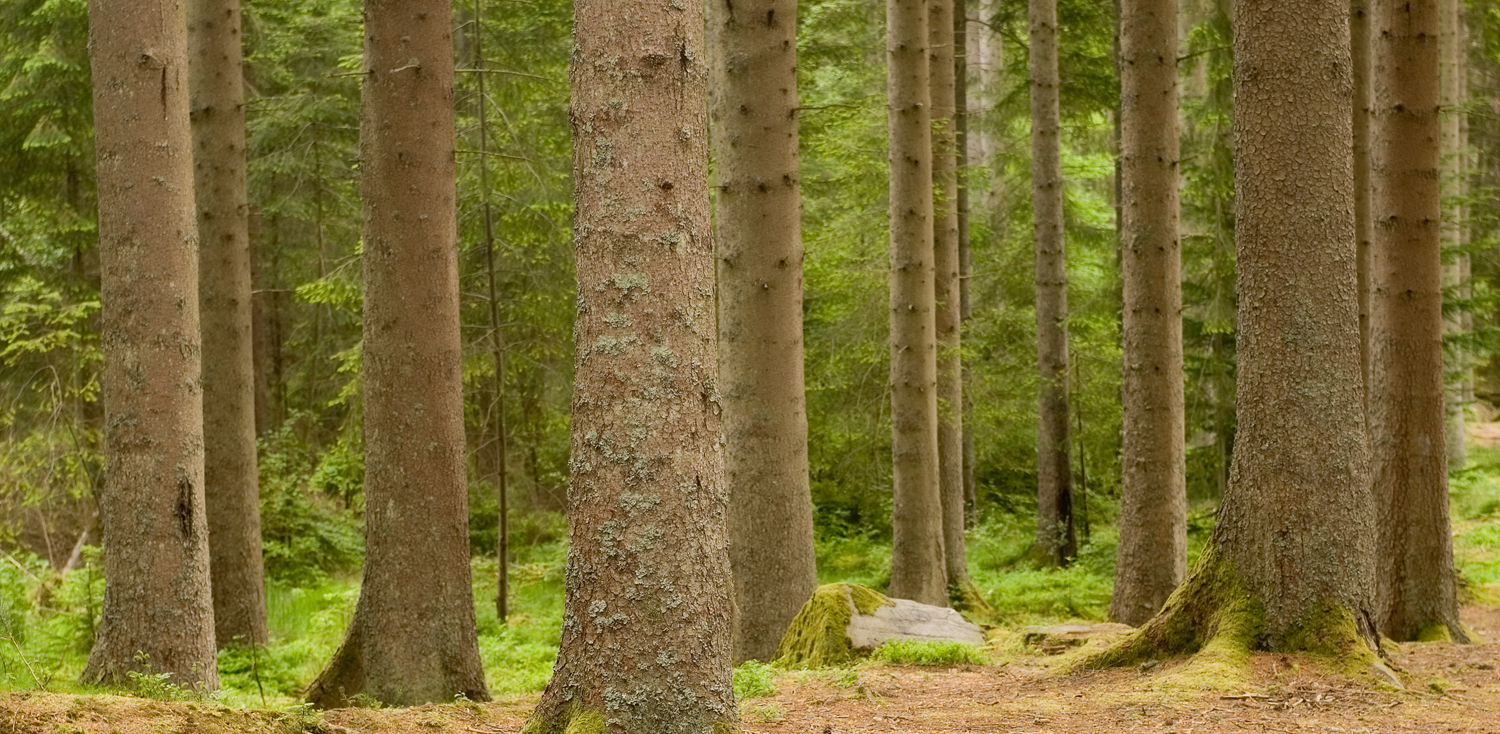Treezilla is an exciting new platform for citizen science that everyone from school children to university students and the general public can get involved with. The idea is to map every tree in Britain. This will create a data-rich platform on which a wide range of citizen science investigations can be built.

Project topic: Habitats and species
The initial focus of the project is looking at the ‘ecosystem services’ provided by trees. Imagine a tree in your neighbourhood, it is not just an inert object, it is a living plant taking in carbon dioxide from the air and giving out the oxygen we need to survive. The tree also removes various pollutants from the atmosphere such as PM10 particulates, sulphur dioxide, ozone and nitrogen dioxide. These pollutants can have serious negative effects on human health, 24,000 people die each year as a result of air pollution. Urban trees are particularly important in reducing the levels of air pollution.
Trees can also help cool buildings in hot summer weather due to shading and diffuse moisture loss and reduce windspeeds so reducing heat loss from buildings in winter. During heavy rainfall trees can have a large beneficial effect in reducing the peak flow and avoiding overloading urban drainage systems. Trees hold moisture on their leaves and branches which may then be evaporated back into the atmosphere.
The benefit calculations take into account negative effects such as the fuel used in maintaining the trees.
Although not an ecosystem service, the amenity value of trees can also be high for example areas with trees tend to have higher property values than those without trees even within the same types of housing.
This page was last updated on 29 Mar 2022
Adobe Acrobat Reader is the free, trusted leader for reliably viewing, annotating and signing PDFs.
Download Adobe Acrobat Reader

